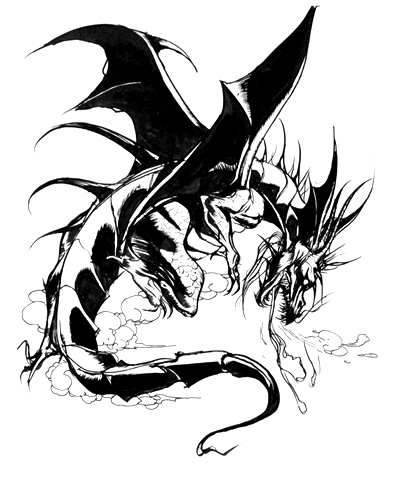
I believe the #1 reason to integrate technology into the classroom is to help students become good researchers.
Research is an extremely important reason to use the Internet in education.
Students have a wealth of information open to them. Often, when they are researching obscure topics, school libraries do not have the needed books and magazines. The Internet helps solve this problem.
Part of my job is to help students determine whether their information is from a reliable source. This is also an important lesson for them to learn for research in college and beyond.
The possibilities for assessment and sharing of research on the Internet are endless, many of them involving other forms of technology like
- Power Point presentations
- video presentations or
- publishing research on class websites.
Other ways we assess and share information include
- essays
- debates
- panel discussions
- role play and
- through presentations in front of class.
A 2nd reason to incorporate Technology into the classroom is to
- teach students to create a website AND to
- utilize student and teacher created websites
Integrating technology gets exciting and creative when students are able to build websites. They can also plug into school or teacher websites that are created with their curriculum in mind.
We have begun gathering work from students and will publish it in our website in 2008.

 Jordan's poem
Jordan's poem

![[whatswrongwiththispicture.JPG]](https://blogger.googleusercontent.com/img/b/R29vZ2xl/AVvXsEhZcbkwnAZ4CwQq-LsZxQVaK3UvhePHAaPfhDtN1AmKA5MV40FZMR-ecmItFQO20rcfaNas7alloBoSAQF7EI5bAlbhZa5qncgQffpk3Cxh6fPmwdhGneLcIGkpXKI74b5613JoIQU0ptk/s1600/whatswrongwiththispicture.JPG)



 When sixth-grade teacher Rachel Yurk created a blog for her classroom this year, she began the online learning experiment with a simple, engaging question: "What's your favorite book and why?"
When sixth-grade teacher Rachel Yurk created a blog for her classroom this year, she began the online learning experiment with a simple, engaging question: "What's your favorite book and why?"